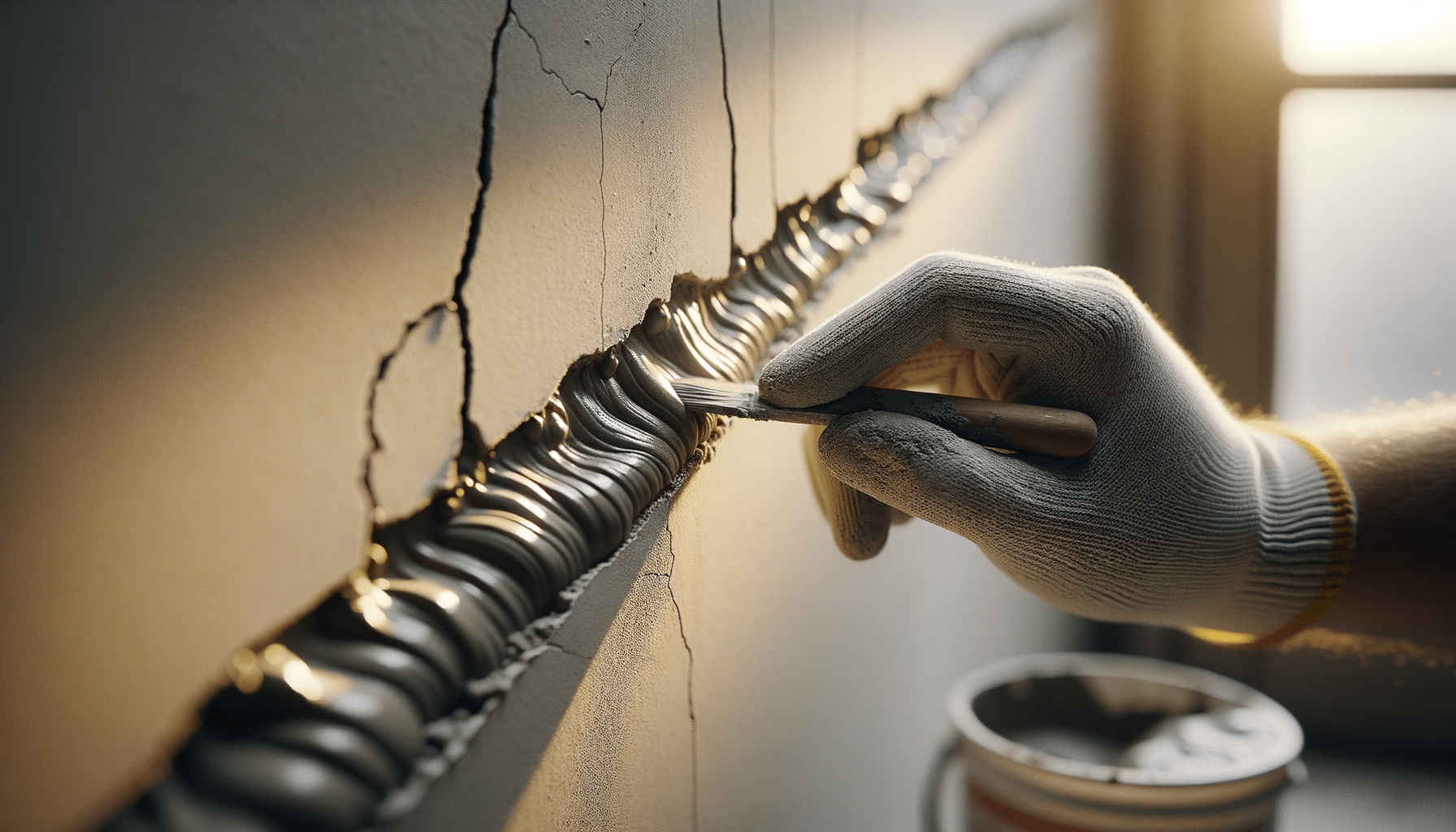
Learn About House Clearance
Introduction to House Clearance
House clearance is an essential process for anyone looking to declutter, downsize, or prepare a property for sale or rent. It involves the removal of unwanted items, furniture, and sometimes hazardous materials from a home. This task can be daunting, but understanding the importance and methods of house clearance can make the process smoother and more efficient.
House clearance is not just about getting rid of junk; it’s about making space for new beginnings or ensuring a property is in its best condition for potential buyers or renters. This article will delve into the various aspects of house clearance, offering insights and practical advice for those embarking on this journey.
Reasons for House Clearance
There are numerous reasons why someone might need to undertake a house clearance. One of the most common is moving to a new home. When relocating, especially to a smaller place, it’s often necessary to sort through belongings and decide what to keep, donate, or dispose of. This process can help reduce moving costs and make settling into a new home much easier.
Another significant reason for house clearance is the passing of a loved one. Clearing out a deceased relative’s home can be emotionally challenging but is often necessary for estate management and preparation for sale. It provides an opportunity to preserve cherished memories while responsibly handling items that are no longer needed.
Additionally, house clearance is often required for renovation projects. Before making major changes to a property, clearing out spaces ensures that contractors have the room they need to work efficiently. It also helps homeowners identify any structural issues or hazardous materials that require attention.
Steps to Efficient House Clearance
Embarking on a house clearance can be overwhelming, but breaking it down into manageable steps can simplify the process. The first step is planning. Assess the size of the job and determine what resources you’ll need, such as dumpsters, storage units, or professional clearance services.
Next, categorize items into groups: keep, donate, sell, and dispose. This can be a time-consuming task, but it is crucial for effective clearance. Items that are still in good condition can be donated to charity or sold online, while broken or unusable items should be disposed of responsibly.
Hiring a professional house clearance service can be a wise decision, especially for larger properties or when time is limited. These services have the expertise and equipment to handle all aspects of clearance efficiently, from sorting and transporting items to environmentally friendly disposal.
Environmental and Legal Considerations
House clearance involves more than just removing unwanted items; it also requires consideration of environmental and legal responsibilities. Proper disposal of waste is crucial to minimize environmental impact. Many household items, such as electronics and appliances, contain hazardous materials that need to be disposed of at designated facilities.
Additionally, understanding local regulations and obtaining necessary permits is essential, particularly if you’re clearing a large volume of items. Failure to comply with legal requirements can result in fines or legal issues. Hiring a professional service can help navigate these complexities, ensuring compliance with all regulations.
Recycling is another important aspect of environmentally responsible house clearance. Many items, such as metal, glass, and certain plastics, can be recycled, reducing the amount of waste sent to landfills and contributing to a more sustainable environment.
Emotional Aspects of House Clearance
House clearance can be an emotional experience, especially when dealing with personal or sentimental items. It’s important to approach this process with sensitivity and patience. Taking the time to reminisce about cherished memories can be a therapeutic part of letting go.
Involving family members or friends in the process can provide emotional support and help share the burden of decision-making. It can also be a chance to bond and share stories about the past, making the task less daunting.
Finally, remember that it’s okay to seek professional help if the emotional weight becomes too much. Professional organizers or counselors can offer guidance and support, making the process more manageable and less stressful.


